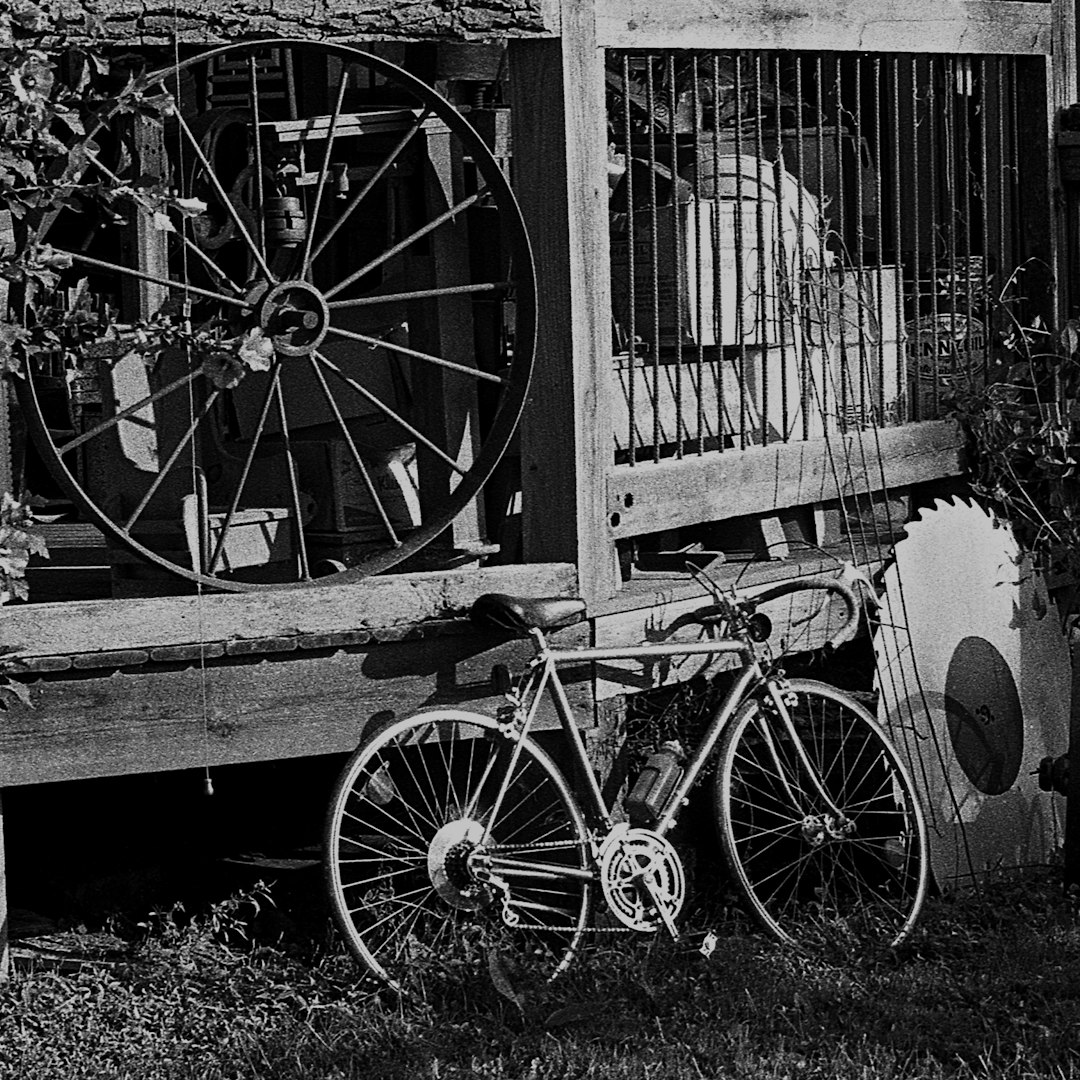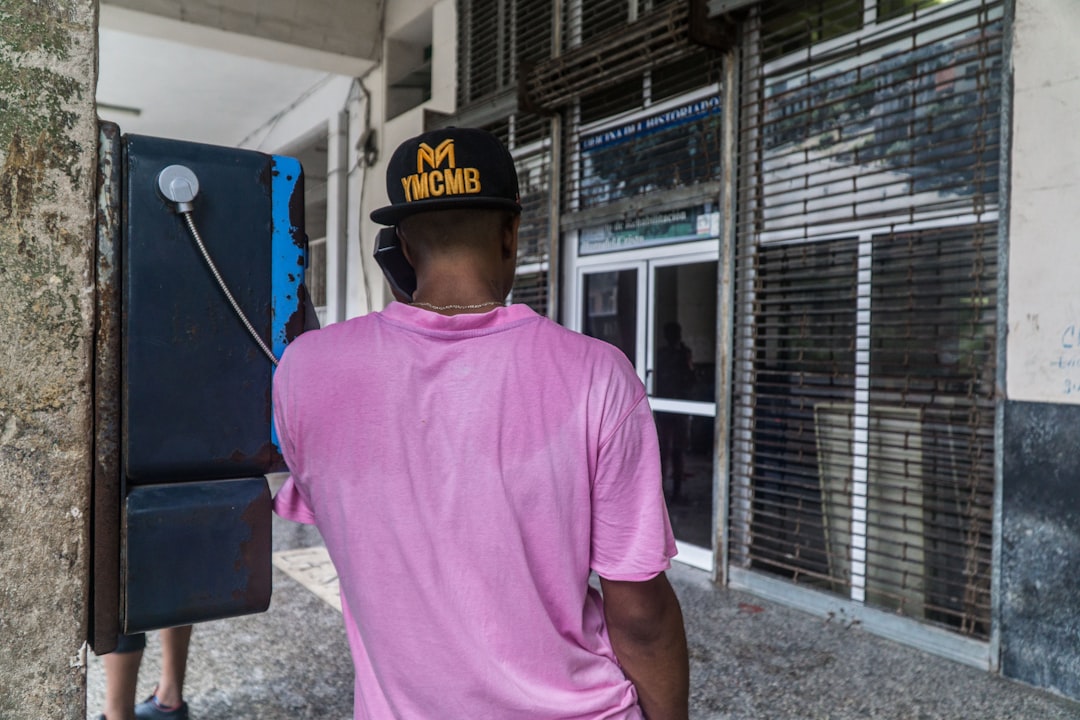Jefferson City's energy efficiency programs utilize robocalls for resident outreach, but businesses must comply with Missouri's Telephone Consumer Protection Act (TCPA) to avoid legal issues. A lawyer specializing in TCPA Missouri guides companies on compliant robocalling practices, defining permissible calls, obtaining consent, and avoiding penalties. This balance ensures effective outreach while respecting consumer privacy and trust for the city's sustainability goals.
In the pursuit of energy efficiency, Jefferson City has pioneered innovative programs. Among its strategies, robocalls have emerged as a powerful tool. This article explores how automated calling campaigns, governed by the Telephone Consumer Protection Act (TCPA) in Missouri, contribute to community outreach and conservation efforts. We delve into the city’s initiatives, the legal framework surrounding robocalls, and provide insights for maximizing their impact while adhering to TCPA Missouri compliance guidelines, essential for any lawyer specializing in this area.
Understanding Robocalls and TCPA Missouri Compliance

Robocalls, or automated telephone calls, have become a common method for businesses and organizations to reach potential customers and clients. In Jefferson City’s energy efficiency programs, robocalls play a significant role in spreading awareness and promoting participation among residents. However, it is crucial to ensure compliance with the Telephone Consumer Protection Act (TCPA) of Missouri when utilizing this technology. This federal legislation aims to protect consumers from unsolicited calls, ensuring their privacy and peace of mind.
A lawyer specializing in TCPA Missouri can guide businesses on navigating these regulations. They provide insights into what constitutes permissible robocalls, how to obtain proper consent, and the consequences of non-compliance. By adhering to these guidelines, Jefferson City’s energy initiatives can effectively utilize robocalls while respecting consumer rights, fostering trust, and ensuring a legal and ethical approach to promoting energy efficiency.
Jefferson City's Energy Efficiency Initiatives Overview

Jefferson City, like many urban centers across the country, has embraced energy efficiency as a key strategy to reduce its carbon footprint and promote sustainability. The city’s initiatives focus on encouraging residents and businesses to adopt practices that minimize energy consumption and lower utility costs. These efforts include providing resources for improving home insulation, promoting the use of energy-efficient appliances and lighting, and offering incentives for adopting renewable energy sources like solar panels.
The local government collaborates with community organizations and environmental advocates to raise awareness about energy conservation. Educational campaigns target both individual residents and local businesses, emphasizing the economic benefits of reducing energy usage. Moreover, Jefferson City has implemented strict building codes that mandate new constructions meet specific energy efficiency standards. These initiatives are crucial steps towards achieving a more sustainable future while potentially reducing electricity bills for area residents, making it an attractive model for other Missouri cities, especially with guidance from a qualified TCPA lawyer to ensure compliance and mitigate legal issues related to these programs.
How Robocalls Support Energy Conservation Efforts

Robocalls have emerged as a powerful tool in Jefferson City’s energy efficiency programs, playing a significant role in raising awareness and promoting conservation among residents. Through automated telephone messaging, these calls can deliver vital information about energy-saving practices, new technologies, and available incentives. This direct communication method ensures that every household has access to essential knowledge, encouraging them to make informed decisions that contribute to the city’s sustainability goals.
Moreover, robocalls enable efficient outreach on a large scale, allowing energy efficiency initiatives to reach a diverse population. Whether it’s reminding citizens about pending disconnections due to non-payment of energy bills or promoting the adoption of renewable energy sources, these automated calls can significantly impact behavior change. For those seeking legal guidance regarding TCPA Missouri compliance, consulting with an experienced lawyer is crucial in navigating the complexities of this legislation while contributing to a greener community.
Legal Considerations for Automated Calling Campaigns

In the context of energy efficiency programs, automated calling campaigns through robocalls can significantly enhance outreach efforts. However, legal considerations are paramount, particularly in the strict regulatory environment surrounding telephone marketing. The Telephone Consumer Protection Act (TCPA) in Missouri sets forth clear guidelines on consent, opt-out mechanisms, and record-keeping for automated calls, aiming to prevent nuisance calls and protect consumers’ privacy. Engaging a lawyer specializing in TCPA Missouri is crucial to ensure compliance, avoiding hefty fines, and maintaining the integrity of the campaign. Such legal expertise can help tailor calling strategies to align with the law while maximizing program effectiveness.
Maximizing Robocall Impact in Community Outreach Programs

Robocalls have become a powerful tool in community outreach programs, especially in promoting energy efficiency initiatives. To maximize their impact, Jefferson City’s energy program managers should strategically utilize automated calls to reach a wide audience. By employing modern technologies, they can ensure messages about energy conservation and sustainable practices are delivered effectively.
A lawyer for TCPA Missouri can guide the city on navigating telemarketing laws while leveraging robocalls for good. With proper compliance, these automated calls can engage residents, offer valuable resources, and even encourage participation in local green initiatives. This approach has the potential to create a ripple effect, fostering a more environmentally conscious community.






